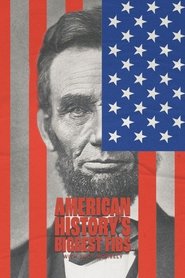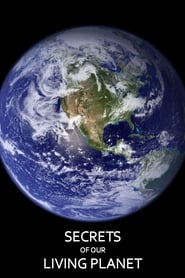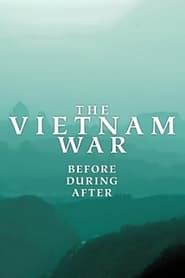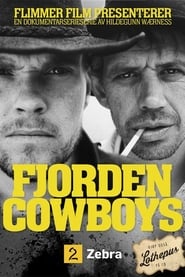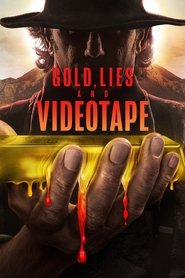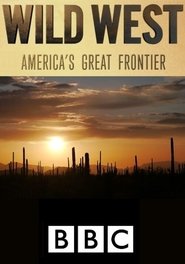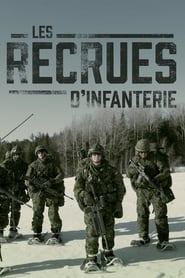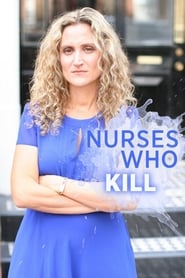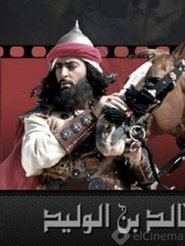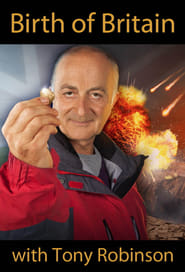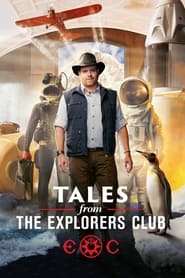Popular Documentary TV Series - Page 326
-
Britain’s Most Expensive Houses
2021
With exclusive access to UK Sotheby's International Realty, we peek behind the doors of some of the most incredible homes, as brokers set about selling jaw-dropping houses -
American History's Biggest Fibs with Lucy Worsley
2019
star 8British historian Lucy Worsley reveals how some of the biggest moments in US history are actually fibs and stories concocted by pop culture, politics and national(istic) pride. -
Secrets of Our Living Planet
2012
star 8In this series, naturalist Chris Packham reveals the natural world in a way that you’ve never seen it before. For him, what is really beautiful about nature is not the amazing animals and plants that we share the planet with but the hidden relationships between them. These relationships may sound bizarre but without them, no life would be possible. Discover previously unknown relationships, like why a tiger needs a crab; or why a gecko needs a giraffe. Each week Chris visits one of our planet's most vital and spectacular habitats and dissects it, to reveal the secrets of how our living planet works. -
The Vietnam War
2015
-
The Fjord Cowboys
2014
The Fjord Cowboys
2014
star 6.2The Fjord Cowboys follows Lothepus, the hard working expert on explosives, and Joar, his hedonistic apprentice and their lives on the shores of the world famous Hardanger Fjord. Behind their somewhat rough appearance, they are in fact a pair of astute entreprenour businessmen with no fear of authority who play by their own rules. Together they work hard, and party even harder. But they have children to raise, projects to execute and loved ones to deal with, and their particular zest for life does not always match other peoples’ expectations. -
The House That Made Me
2010
Famous figures take an emotional trip back to meticulous recreations of the homes they were brought up in, exploring how their past shaped who they are today. -
Silicon Valley: The Untold Story
2018
star 6.5Industry leaders including Eric Schmidt and Steve Wozniak are interviewed in this remarkable look at how Silicon Valley has produced an unrivaled stream of innovations. -
Gold, Lies & Videotape
2023
star 7.9One family has been fighting for over 70 years to recover what they say is rightfully theirs—a $28 billion treasure buried deep inside a mountain in the New Mexico desert. Some believe the U.S. Government stole the 16,000 gold bars and priceless artifacts, while skeptics claim it never existed. Now, the family and its supporters reveal exclusive evidence to prove their case and crack open the mystery of America's greatest treasure story. -
Secret Life of the Forest
2021
Filmed over one year, this four-part series reveals the spectacular beauty of England's largest forest, Kielder, as it changes through the seasons. Situated in one of the wildest and most remote parts of the country, it's home to some of Britain's greatest and most secretive wildlife, from red squirrels to pine martens, feral goats to water voles and a variety of birds of prey. Despite its rich collection of wildlife, Kielder Forest didn't even exist one hundred years ago. -
Science Times
1997
Science Times
1997
-
Wild West: America's Great Frontier
2016
star 8Discover the amazing ways nature has found to survive in the extremely testing land of America's wild west. -
Nurses Who Kill
2016
Nurses Who Kill
2016
star 6.2The stories of some of the most prolific murderers and serial killers to walk hospital grounds across the globe. Often referred to as the ‘angels of the ward’ experts examine what turned these caregivers into killers. -
Khalid Ibn Al-Walid
2006
Khalid Ibn Al-Walid
2006
This series chronicles the story of the Islamic leader Khalid Bin Al Walid as he grows up into one of the greatest leaders of the Islamic conquests. -
The Lobby
2017
The Lobby
2017
star 9Al Jazeera Investigations exposes how the Israel lobby influences British politics. A six-month undercover investigation reveals how Israel penetrates different levels of British democracy. -
Birth of Britain with Tony Robinson
2010
Join Tony Robinson as he ventures into the country's extraordinary and fiery past, revealing how our islands were forged from molten rock, volcanic explosions, ice and seismic upheaval. -
Secrets of Britain's Great Cathedrals
2018
Dominating the landscape for centuries, ancient cathedrals and abbeys reflect Britain's turbulent history through their architectural grandeur-stories of its kings and queens and the religious and social changes brought about by the English Reformation, as well as many other tales of intrigue, love, faith and conviction. -
Tales from the Explorers Club
2022
star 7.4At the world-famous Explorers Club, a gathering place for trailblazers, club member Josh Gates recounts the greatest adventures of all time.
 Netflix
Netflix
 Amazon Prime Video
Amazon Prime Video
 Apple iTunes
Apple iTunes
 Apple TV Plus
Apple TV Plus
 Disney Plus
Disney Plus
 Google Play Movies
Google Play Movies
 Paramount Plus
Paramount Plus
 Hulu
Hulu
 HBO Max
HBO Max
 YouTube
YouTube
 fuboTV
fuboTV
 Peacock
Peacock
 Peacock Premium
Peacock Premium
 Amazon Video
Amazon Video
 The Roku Channel
The Roku Channel
 AMC+
AMC+
 Kocowa
Kocowa
 Hoopla
Hoopla
 The CW
The CW
 Vudu
Vudu
 Starz
Starz
 Showtime
Showtime
 PBS
PBS
 Pantaflix
Pantaflix
 FXNow
FXNow
 Tubi TV
Tubi TV
 Kanopy
Kanopy
 Comedy Central
Comedy Central
 Crunchyroll
Crunchyroll
 Microsoft Store
Microsoft Store
 Redbox
Redbox
 Sun Nxt
Sun Nxt
 ABC
ABC
 DIRECTV
DIRECTV
 Crackle
Crackle
 Fandor
Fandor
 Plex
Plex

